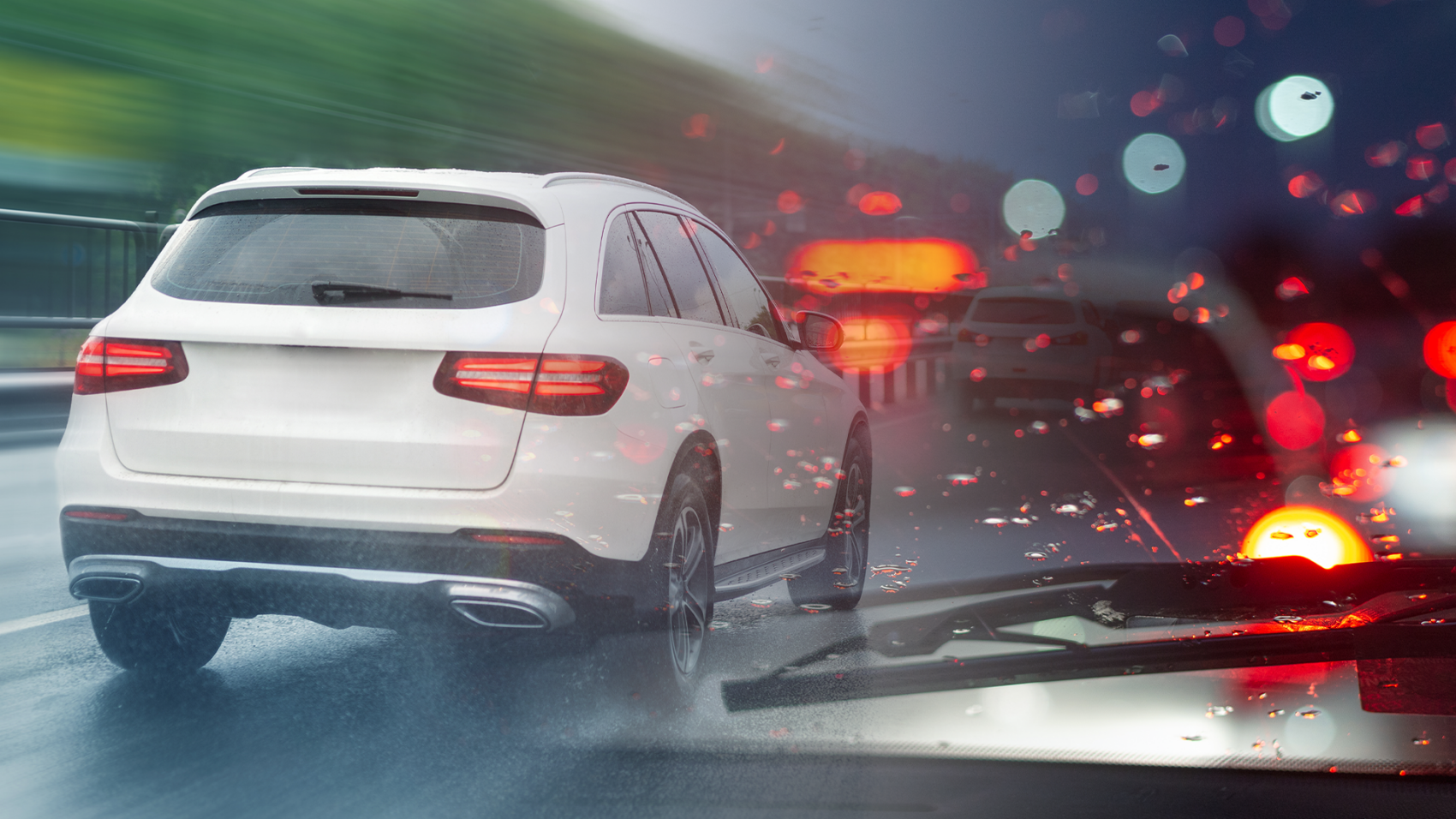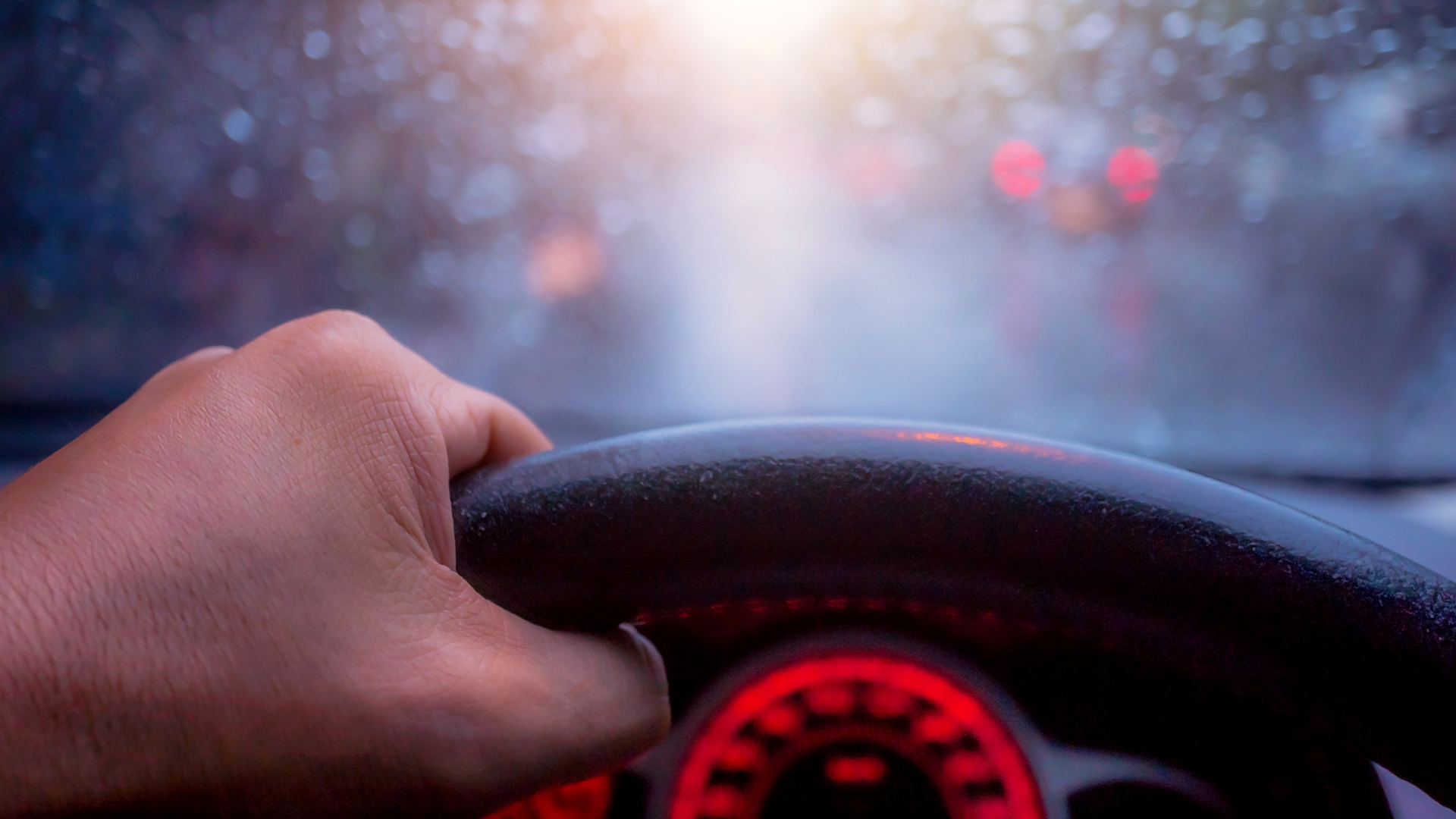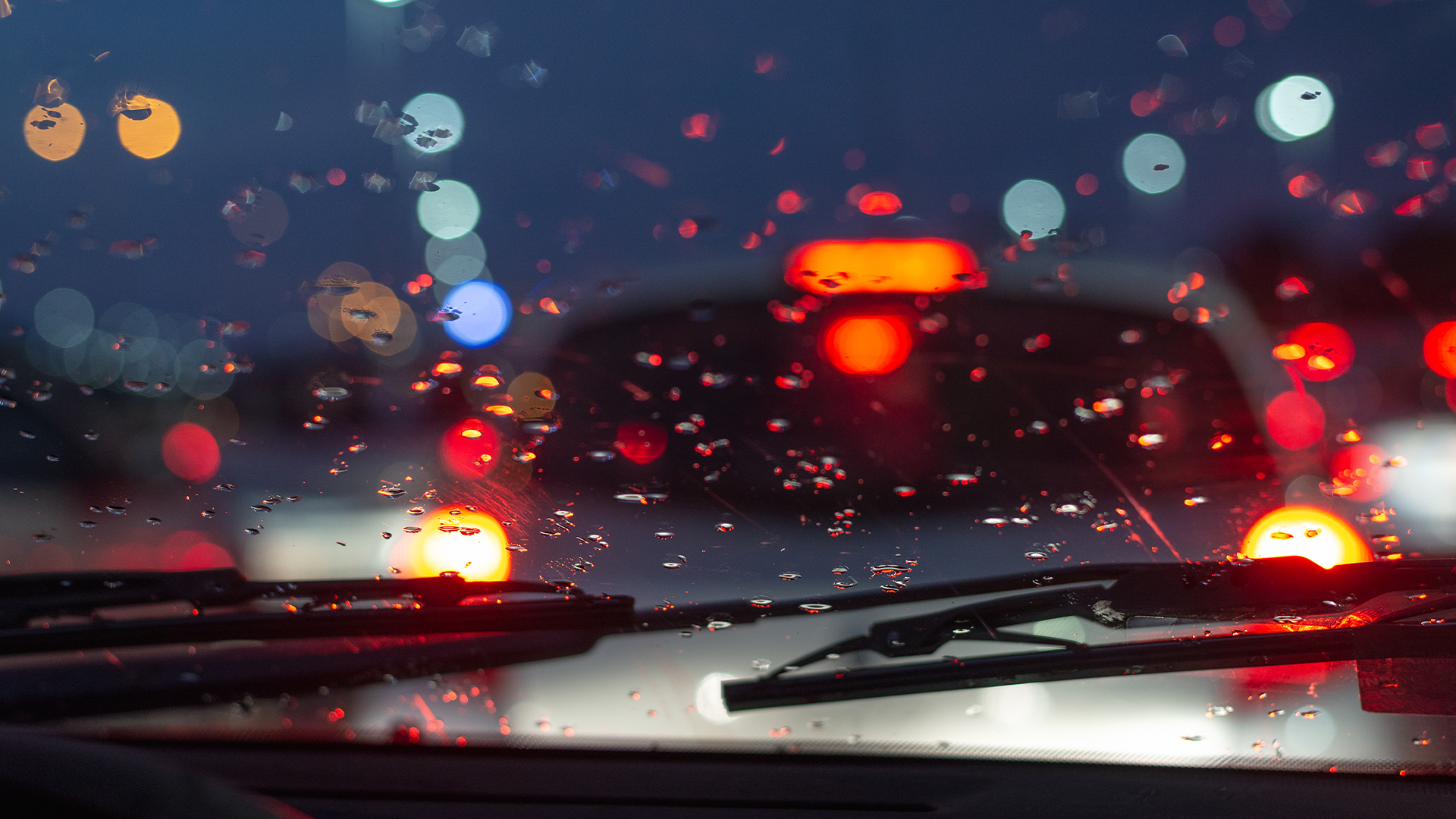Living in South Florida, it’s inevitable to deal with rain. According to statistics by US Climate Data, the West Palm Beach alone area receives 62 inches of precipitation annually. When researchers ranked the top 10 wettest cities to live in, two of which are in South Florida (Miami and West Palm Beach).
Driving in South Florida is a dangerous and even deadly situation to be in under wet conditions. More than 7 thousand people lose their life in weather-related auto accidents.
According to statistics by US Climate Data, the West Palm Beach area receives 62 inches of precipitation annually.
When researchers ranked the top 10 wettest cities to live in, two of which are in South Florida (Miami and West Palm Beach).
The AMA (American Meteorological Society) published a study that highlights the increase of dangerous road conditions and the elevated risk involved.
“[Scott] Stevens, a data analyst and meteorologist at the North Carolina Institute for Climate Studies, and colleagues looked at 125,012 fatal car crashes in the Lower 48 states from 2006 to 2011, factoring in how many cars are on the road, to calculate the risk of a fatal accident. While other studies have used police reports and the nearest weather station to calculate rain and snow conditions, Stevens said his is the first study to use more precise weather radar data. It was able to distinguish how hard the rain or snow was falling to come up with results showing an increase in fatal crashes even in rain of less than one-tenth of an inch per hour.”
All the evidence points to the same: when the road is wet, your chance of being involved in an accident can drastically increase. As the visibility level lowers due to rain and how the road becomes slippery when water has accumulated on it.
Hydroplaning becomes an issue when rain is especially heavy – a common occurrence in Florida. Hydroplaning refers to a situation when a car starts to slide uncontrollably because of the tires encountering more water that it can scatter. As the water carries the car, the brakes and other controls become useless. Quick turns and movements on wet roads can also cause the vehicle to hydroplane as well.
The Hazard of Hazard Lights
You may see other drivers with hazard lights flashing to indicate they are moving slower than surrounding traffic during stormy conditions. But in Florida, it’s actually illegal to use hazard lights while driving unless you are part of a funeral procession. Flashing lights were designed with the express purpose of indicating a hazard to other drivers, and they should only be activated when your vehicle is a hazard on the side of the road. Using them under any other circumstance is not only unnecessary, but it also causes confusion. If it’s raining, the only lights you should turn on are your headlights.
Rainy weather may make driving more difficult, but it does not relieve drivers of their responsibilities behind the wheel. With proper vehicle maintenance, knowledge of local laws and a bit of common sense, you can travel safer during a downpour along with a helpful tips to keep in mind.
5 Tips to avoid an auto accident
in slippery road conditions
Check Tire Pressure Regularly
Tires with weak tread may not grip a wet road as well as newer tires with thicker tread. Make sure your tires are safe for the roads.
Before setting out when rain is present or forecasted, it is even more important than normal to make sure your tires are in good shape and have adequate tread depth since bald tires can increase the risk of hydroplaning.
Gust Awareness
Drive at a speed that compensates for high speed gusts that can otherwise impact your vehicle.
Watch out for larger vehicles.
Larger vehicles are much harder to control when it is windy and can have difficulty staying in their lane.
Maintain Distance
Maintain a large distance with the car in front of you. Cars may have difficulty stopping due to wet conditions. Brake earlier than usual, and apply less force to increase the stopping distance between your vehicle and the car in front of you while also alerting the driver behind you that you are reducing your speed.
Know Anything Can Happen
Often times during storms, other drivers fail to drive safely. Make sure to watch around you and drive defensively.
Get There Safe, Not Fast
Getting to your destination without an accident is more important than keeping a schedule. Maintain a safe speed limit and be sure to obey all traffic rules and signals. Drive more slowly, take turns slowly, and be sure to give your fellow motorists ample following distance.
In other words, when it rains, whether heavy or light, slow it down. The most important thing you can do to protect yourself and others when driving in the rain is adjusting how you drive according to the current weather conditions.
Have you been involved in an
auto accident under rainy conditions?
Sadly, even riders who follow the above tips can still end up hurt by a reckless or distracted driver.
Determining which driver is at fault for an accident requires an investigation of the collision. The investigation involves the review of all pieces of evidence that are available, such as photographs or video surveillance of the accident, testimony from any witnesses to the accident, and a digital reconstruction of the accident that incorporates all relevant factors, such as the rainy weather.
If you were hurt in an auto accident because of a drunk, distracted, or otherwise reckless driver, you can call The South Florida Injury Law Firm anytime at (954) 488-JEFF – we’re available seven days a week, 24 hours a day. Complete our online form to get a free case evaluation and our team will assist with the legal aspects of your claim so you can focus on your health . Remember, the consultation is completely free! That means you don’t owe us anything until we recover for you.






